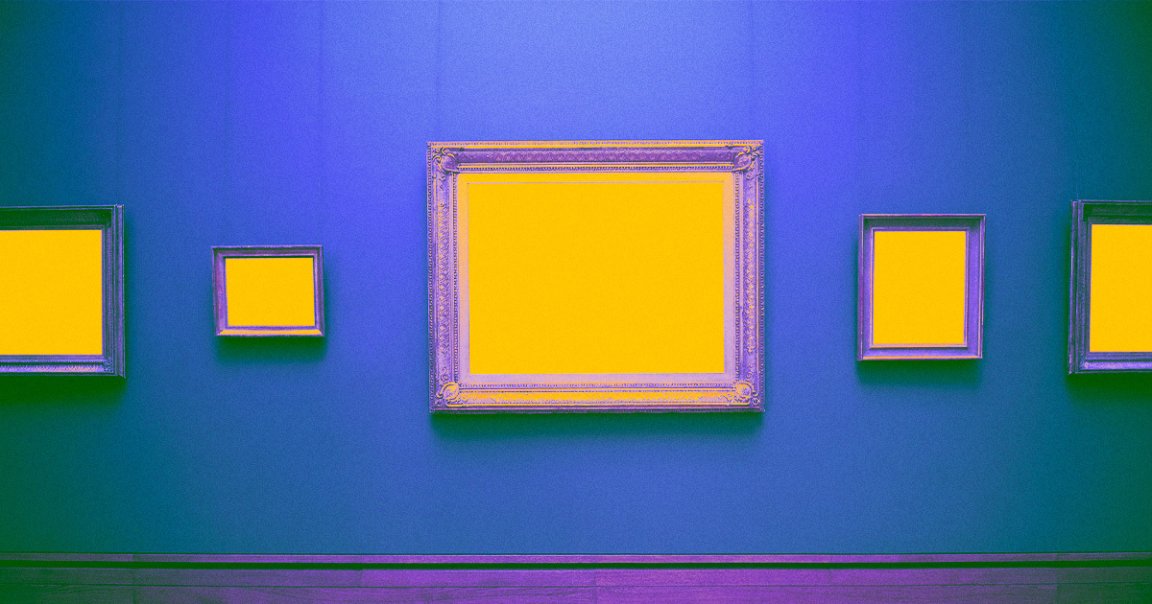
Krispy Kreme
Good news, human artists! Scientists at the University of Chicago are claiming to have invented a tricky new tool, dubbed Glaze, to protect the work of human artists from being used to train AI systems.
Designed to “protect human artists by disrupting style mimicry,” as the project’s website reads, the tool works by using machine learning to compute “a set of minimal changes to artworks, such that it appears unchanged to human eyes, but appears to AI models like a dramatically different art style.”
In other words, Glaze adds a second, imperceptible layer to digital photos of artwork, which effectively operates as an invisible disguise. The artwork looks the same to humans, but to an image-generating AI like MidJourney or Stable Diffusion, the image looks completely different. So, when the AI is trained on that image, it obscures the machine’s understanding of what the human artist’s work actually looks like — thus rendering the system’s outputs useless.
Fighting Chance
According to CNN, a growing group of artists is already utilizing the tool.
“We’ve never been asked if we’re okay with our pictures being used, ever,” Eveline Fröhlich, a visual artist based in Germany who sells prints and illustrates album and book covers to get by, told CNN of her experience as an artist in an increasingly generative AI-laden world. “It was just like, ‘This is mine now, it’s on the internet, I’m going to get to use it.’ Which is ridiculous.”
But Glaze, Fröhlich told CNN, has renewed a sense of hope in herself and any peers who might be feeling similarly frustrated and demoralized by the sudden onslaught of generative AI tools.
And on that note, you really can’t blame visual artists for feeling hopeless these past several months. As Fröhlich noted, generative AI models have largely been trained on artist work without their consent. And even in cases where an AI company has taken steps to slow down the production of specific artists’ work, their work still remains in those datasets, and some folks in the open-source community have shown that they’re happy to bypass artist wishes on their own. If Glaze and similar tools do make a difference for these artists, it could stand to be an exciting sea change.
Glaze is giving “us some way to fight back,” Fröhlich told CNN. “Up until that point, many of us felt so helpless with this situation, because there wasn’t really a good way to keep ourselves safe from it, so that was really the first thing that made me personally aware that: yes, there is a point in pushing back.”
More on AI and artists: Guy Admits That His Prize-winning “Photo” Was Actually Generated Using AI